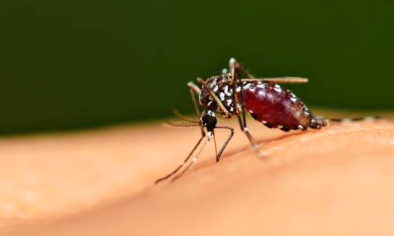Science Source
Invasive Lionfish Drive Atlantic Coral Reef Fish Declines
- States that Indo-Pacific lionfish (Pterois volitans and P. miles) have spread swiftly across the Western Atlantic, producing a marine predator invasion of unparalleled speed and magnitude
- States there is growing concern that lionfish will affect the structure and function of invaded marine ecosystems, however detrimental impacts on natural communities have yet to be measured
- Documents the response of native fish communities to predation by lionfish populations on nine coral reefs off New Providence Island, Bahamas
- Assesses lionfish diet through stomach contents analysis, and quantifies changes in fish biomass through visual surveys of lionfish and native fishes at the sites over time
- Finds that lionfish abundance increased rapidly between 2004 and 2010, by which time lionfish comprised nearly 40% of the total predator biomass in the system
- Finds the increase in lionfish abundance coincided with a 65% decline in the biomass of the lionfish's 42 Atlantic prey fishes in just two years
- Results suggest that without prompt action to control increasing lionfish populations, similar effects across the region may have long-term negative implications for the structure of Atlantic marine communities, as well as the societies and economies that depend on them
Related Content
Headline

Nov 1, 2017 | Independent.ie
Malaria mosquito species found in Ireland
Headline
Sep 21, 2017 | Thomson Reuters Foundation
Iceland reaps riches from warming oceans as fish swim north
Science Source
| Global Change Biology
Leap‐frog in slow‐motion: divergent responses of tree species and life stages to climatic warming in Great Basin sub‐alpine forests
Smithers, Brian V., North et al
Headline

Sep 14, 2017 | AP News
Scientists: Future of oldest tree species on Earth in peril


